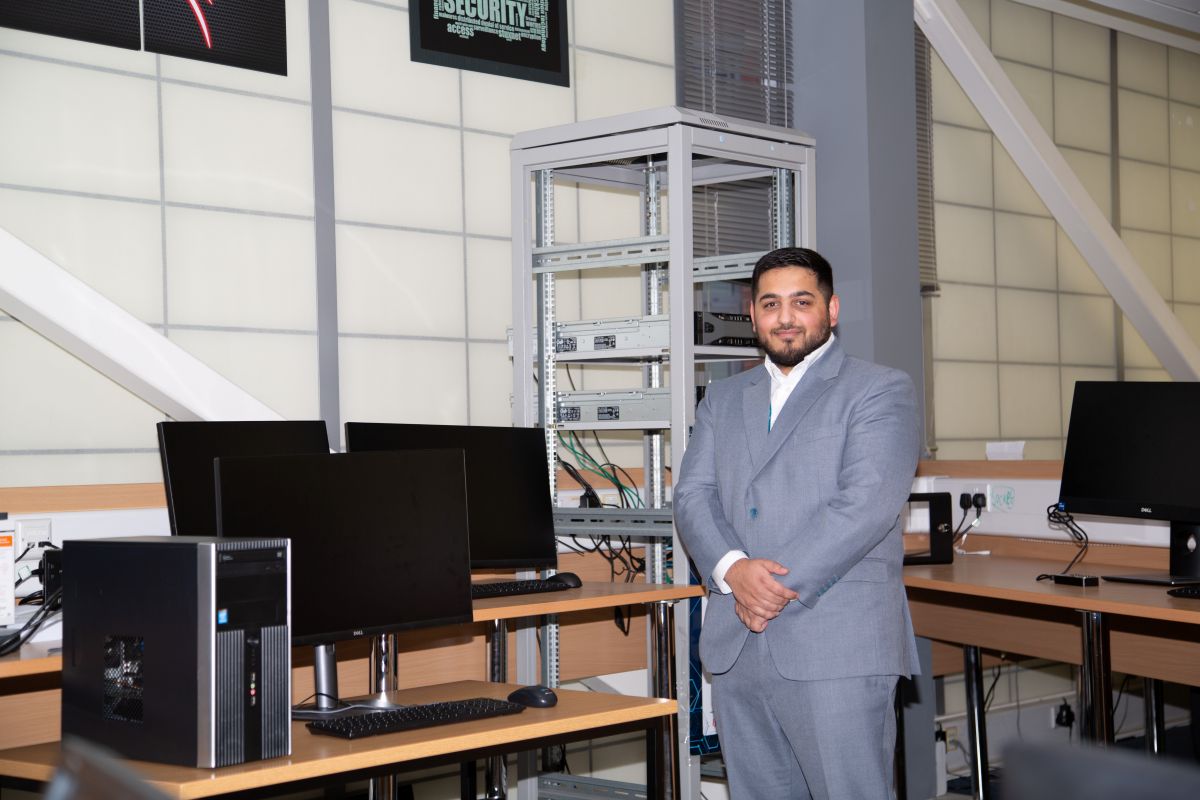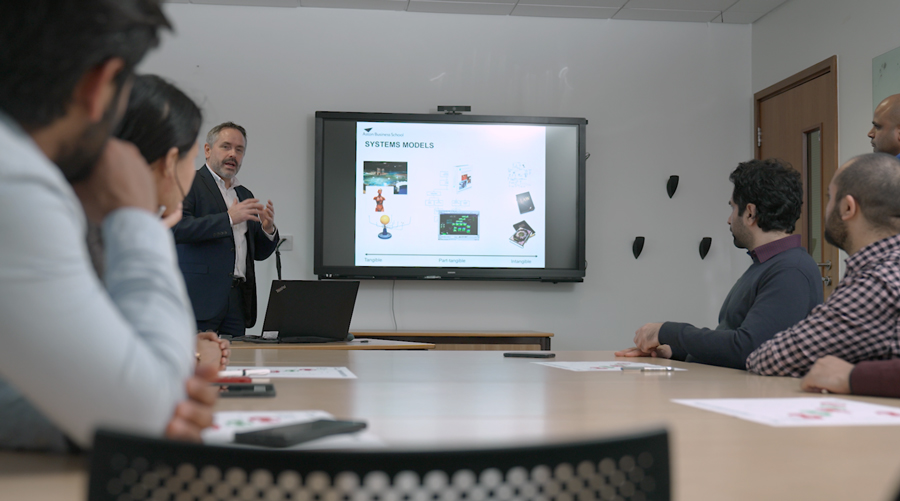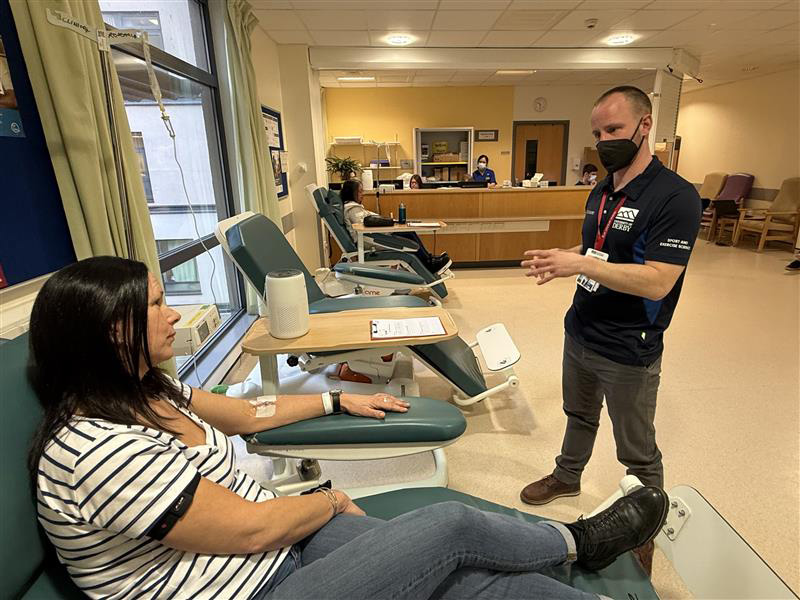The Power of Teaching and Learning in FE

Having had the pleasure of chairing the Education & Training Foundation’s conference in Birmingham today, it has been an excellent opportunity for me to reflect on the critical role Teaching and Learning plays in FE.
By bringing together educators, leaders, and policymakers, we have heard how ‘powerful pedagogy’ positively impacts student success, leading to social mobility and wider economic prosperity.
The FE Commissioner’s recent report: ‘Powerful Pedagogy: Effective Practice’, which offers insights from students and staff, reinforces what we those in the sector already know: that high-quality teaching is the most significant driver of student achievement. It builds independence and the critical thinking skills, both of which are needed for success in work and life.
Another key report that I highlighted in my welcome is the interim findings of Becky Francis’ curriculum review. Encouragingly, this flags up the importance of pathways at Levels 2 and 3, particularly the vocational routes that are delivered so well be FE colleges. The need for a robust and inclusive post-16 landscape is clear, and excellent teaching and learning has to be at the centre of all provision.
Everyone attending today’s conference knows that education has the power to break cycles of disadvantage. My education group’s own mission is ‘to transform lives by the power of learning’ – and this is seen very clearly in FE.
Our sector plays a unique role in enabling social mobility, providing students with not just knowledge but the skills and confidence to contribute meaningfully to society. And once again, high-quality teaching is central to this: it challenges learners, raises aspirations and equips them with the problem-solving skills needed in the workplace.
FE colleges act as ‘engines’ of social value, preparing students for careers while also encouraging civic responsibility. And as we are seeing at so many colleges throughout the country, inspirational teaching extends beyond the classroom. Extensive volunteering and community projects are being undertaken by students and staff, harnessing employability skills and generating millions of pounds of social value.
One of the most pressing challenges in education today is ensuring that learning translates into employment – and this is something that FE Colleges are uniquely positioned to support. High-quality teaching and learning must be industry-led, incorporating real-world experiences that ensure students leave education not only with qualifications but with the practical skills employers need.
And to achieve this, collaboration with industry is vital. Employer-led projects, apprenticeships and work placements all offer critical opportunities for students to gain hands-on experience. FE must continue to align its teaching with industry demand, ensuring that students can access great opportunities and skills gaps
Excellent leadership is also central to ensuring high quality teaching and learning – being not just about management, but setting a vision for high-quality teaching and learning. Strong leaders champion outstanding teaching practice, invest in professional development and ensure that staff are supported to constantly improve their skills and knowledge. Advocating for key reforms – such as funding improvements and clearer Level 3 pathways – is also key, to ensure that teaching staff can deliver the best possible education.
As we heard today, the best FE leaders create an environment where teaching excellence thrives. This means embracing new technologies, engaging with industry partners and anticipating future skills needs. The best FE institutions are not just responsive but proactive, ensuring that their teaching remains relevant and innovative.
What has been truly inspiring and timely today is the overwhelming sense of optimism and hope brought to life by both delegates and speakers. There is a growing confidence that a deeper understanding of the curriculum will lead to more informed and effective post-16 pathways.
Despite uncertainties in the reform agenda and political landscape, today’s discussions highlighted both the risks and opportunities ahead of us – including AI innovations, social inclusion through technology, apprenticeship outcomes and ITT for new dual professionals – and, crucially, how to navigate them for the benefit of FE communities.
But what has been made clear is that the role of the teacher, the importance of CPD and the value of professional learning will continue to be at the heart of everything we do.
Our collective focus must remain on ensuring that every student receives the highest-quality education, with clear progression routes that support their aspirations. To do this, we must continue to champion teaching excellence and invest in professional development.
By Dr Sam Parrett CBE, Group CEO, London South East Colleges











Responses